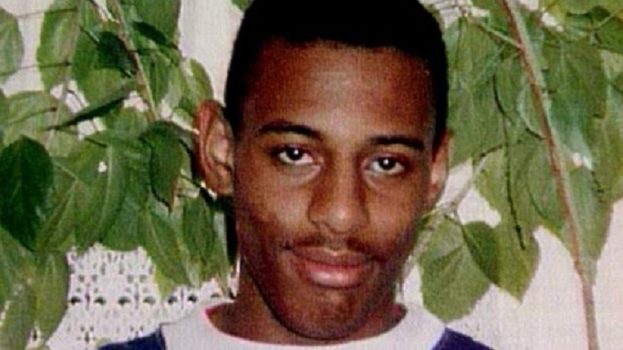
On the 22nd of April, we honor Stephen Lawrence Day – A Legacy of Change, marking 31 years since his passing. Stephen Lawrence, a remarkable young man from South London with aspirations of becoming an architect, is remembered today not just for his dreams but for the profound impact his life and tragic death have had on our society.
Stephen Lawrence Day serves as a poignant reminder to celebrate his life and to embrace the call to live authentically, striving to be our best selves within our communities (Baroness Doreen Lawrence, 2019). While his untimely death was a heart-wrenching loss, it ignited a crucial conversation that continues to shape our collective journey towards racial equity and dismantling systemic racism, not only for the Black community but for all marginalised groups worldwide.
On that fateful night in 1993, Stephen Lawrence fell victim to an unprovoked, racially motivated attack by a gang of white youths in South London while simply waiting for a bus with his friend Duwayne Brooks. He was subjected to racist slurs, stabbed, and left to perish. The aftermath of this senseless act was harrowing, yet Stephen’s family persevered tirelessly in their pursuit of justice for their beloved son.

In response to widespread outcry and media attention, the government initiated the ‘Macpherson’ inquiry, which uncovered the institutional racism within the Metropolitan police force and issued 70 recommendations for reform. Among these recommendations was the overturning of the double jeopardy law, resulting in the conviction of two of Stephen’s assailants in 2012, though three perpetrators still evade justice.
Tragically, Stephen Lawrence was not alone in experiencing racially motivated violence during the 1990s. Names like Rolan Adams, Orville Blair, and Michael Menson underscore the grave impact on the Black community.
Stephen’s case galvanised public support and awareness of racial tensions, shedding light on previous incidents such as those involving Charles Wotten, Kelso Cochrane, and Cynthia Jarrett, among others.
The Macpherson report’s call for transformative change resonated beyond law enforcement, urging scrutiny of systemic racism in healthcare, education, and the judiciary. While progress has been made, challenges persist:
- Stop and search rates disproportionately target Black individuals.
- Racially aggravated offenses remain alarmingly high.
- Tragic deaths like those of Cristopher Alder, Anthony Walker, and Dea-John Reid highlight ongoing injustices.
Three decades later, trust within the Black community towards law enforcement and societal institutions remains fractured. The Macpherson report’s recommendation for police forces to reflect the diversity of the communities they serve remains largely unrealized, with Black and other global majority officers comprising only 7% of the police service across England and Wales by 2020 (Parliament, 2021).
As we reflect on Stephen Lawrence’s legacy, let us recommit to the pursuit of justice, equality, and inclusion. His memory serves as a beacon, guiding us toward a future where every individual is valued, respected, and free from the scourge of racism.
